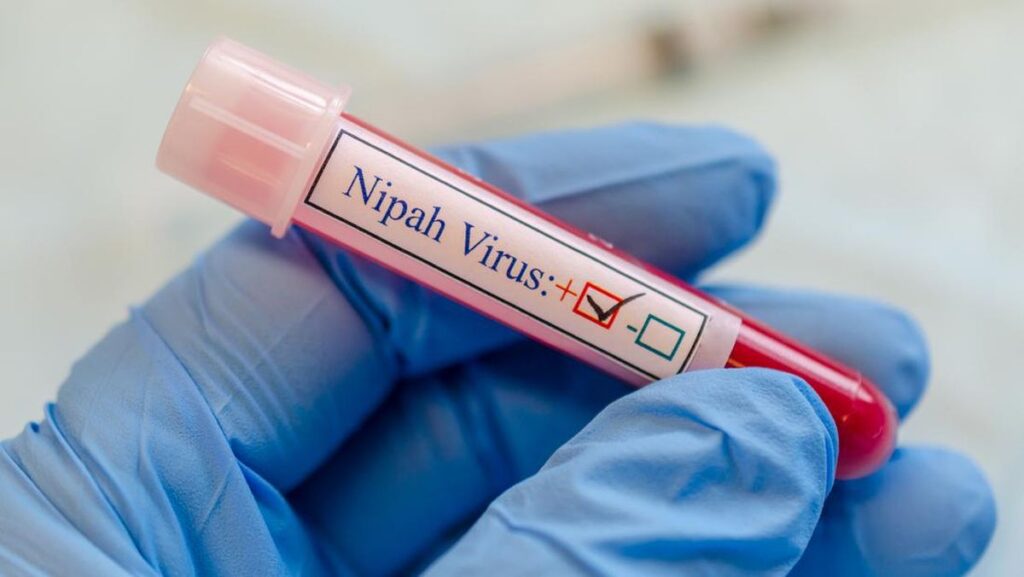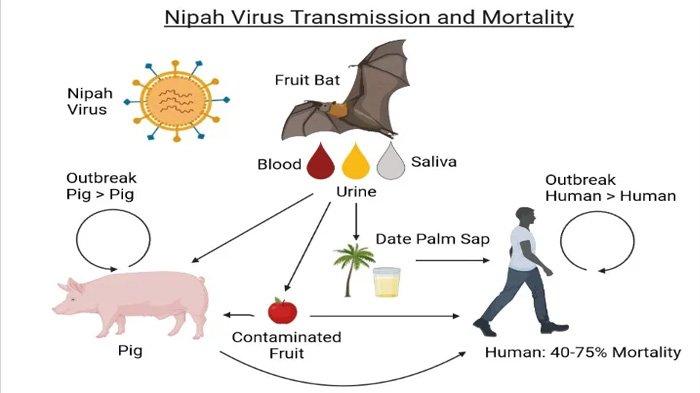Bali, known for its stunning landscapes, vibrant culture, and warm hospitality, has been a sought-after destination for tourists worldwide. However, in recent times, concerns have arisen regarding the Bali Nipah virus. It is crucial for tourists to be informed about the situation to ensure a safe and enjoyable holiday experience.
What is Bali Nipah Virus?

The Nipah virus is a zoonotic virus that can be transmitted from animals to humans, causing severe respiratory and neurological complications. While cases have been reported in various regions, including Southeast Asia, Bali has been on the radar due to sporadic outbreaks.
The virus was first identified during an outbreak of illness in Malaysia in 1998, and it is named after the village of Sungai Nipah. Pteropus fruit bats, also known as flying foxes, are considered the natural reservoir hosts of the virus.
Nipah virus outbreaks have occurred in several countries in Asia, including Malaysia, Bangladesh, India, and Singapore. The virus is considered a serious public health concern due to its potential for causing severe illness and the challenges associated with controlling its spread.
As of the latest data available, the Bali Nipah virus situation remains under control. Local health authorities have implemented stringent measures to monitor and manage the spread of the virus. The most recent statistics indicate a low number of reported cases, and efforts are being made to contain and prevent further transmission.

Preventive Measures for Tourists:
Tourists planning a visit to Bali should take proactive measures to protect themselves from the Nipah virus. These precautions include:
- Stay Informed: Keep yourself updated on the latest information regarding the Nipah virus in Bali. Regularly check official health advisories and news outlets for any updates.
- Practice Good Hygiene: Wash your hands frequently with soap and water, especially after visiting public places. Use hand sanitizers when soap is not available.
- Avoid Contact with Animals: Refrain from close contact with animals, especially bats and pigs, as they are known carriers of the Nipah virus.
- Stay in Well-Ventilated Accommodations: Choose accommodations that provide proper ventilation to reduce the risk of airborne transmission.
- Seek Medical Attention if Necessary: If you experience symptoms such as fever, cough, and difficulty breathing, seek medical attention immediately. Inform healthcare providers of your travel history.
Common Symptoms of Nipah Virus

The symptoms of Nipah virus infection can vary, ranging from asymptomatic or mild illness to severe respiratory and neurological symptoms. The incubation period (time between infection and the onset of symptoms) is typically between 4 and 14 days. Common symptoms of Nipah virus infection may include:
- Fever: The majority of people infected with Nipah virus will develop a fever.
- Headache: Headaches are a common symptom of Nipah virus infection.
- Muscle Pain: Some individuals may experience muscle pain or myalgia.
- Sore Throat: Sore throat can be present in the early stages of the illness.
- Drowsiness or Disorientation: Nipah virus infection can lead to drowsiness or confusion.
- Respiratory Symptoms: Respiratory symptoms such as cough and difficulty breathing may occur.
- Encephalitis: In more severe cases, the infection can progress to encephalitis, characterized by inflammation of the brain. This can lead to seizures and a decline in consciousness.
Local Initiatives:
Bali’s local authorities have implemented robust measures to safeguard both residents and visitors. These initiatives include increased surveillance, efficient contact tracing, and public awareness campaigns to educate the community about preventive measures.
While the Bali Nipah virus remains a concern, tourists can still enjoy the beauty and culture of this enchanting island by staying informed and taking necessary precautions. By adhering to recommended guidelines, visitors can contribute to a safe and enjoyable experience for themselves and the local community. Bali continues to welcome tourists with open arms, and with vigilance, everyone can contribute to a healthy and positive travel experience.
















Add a comment